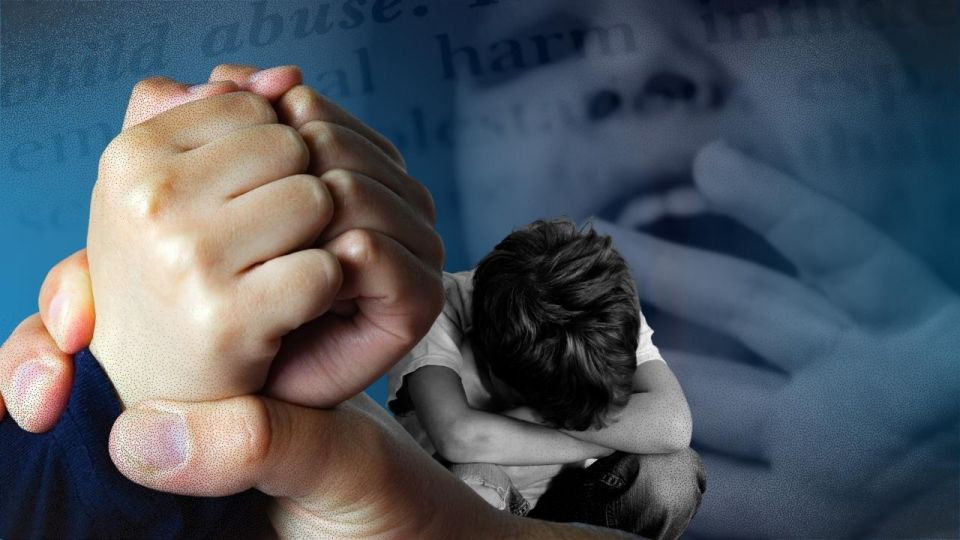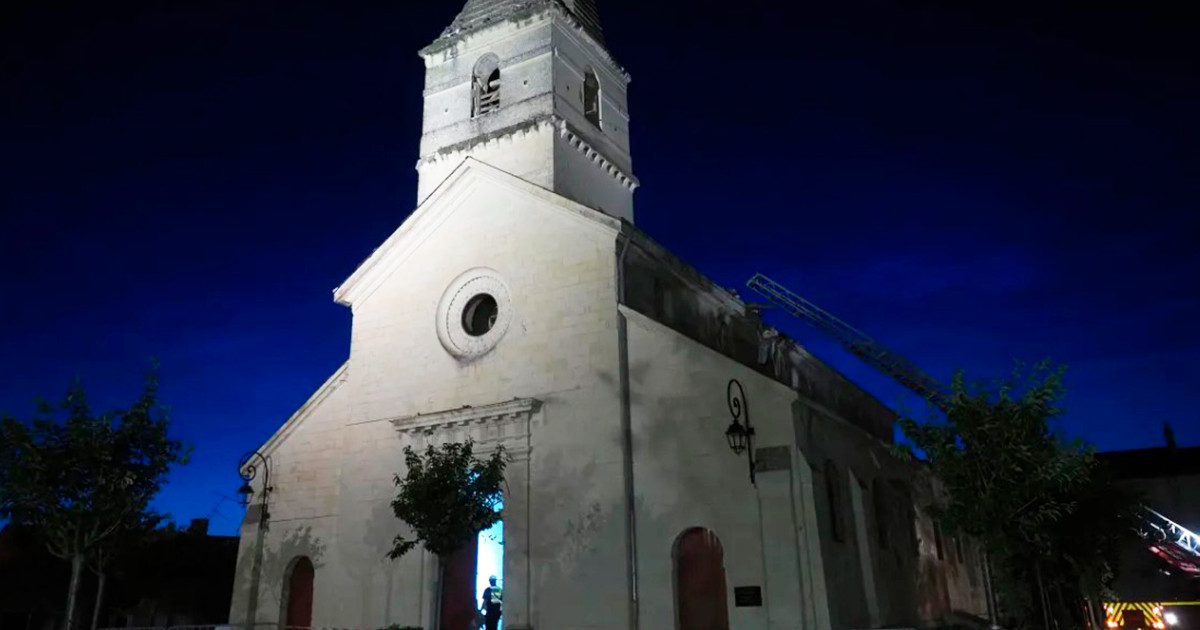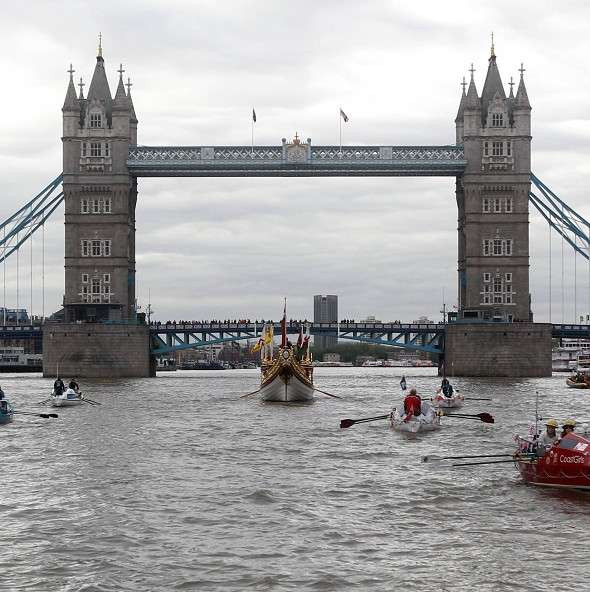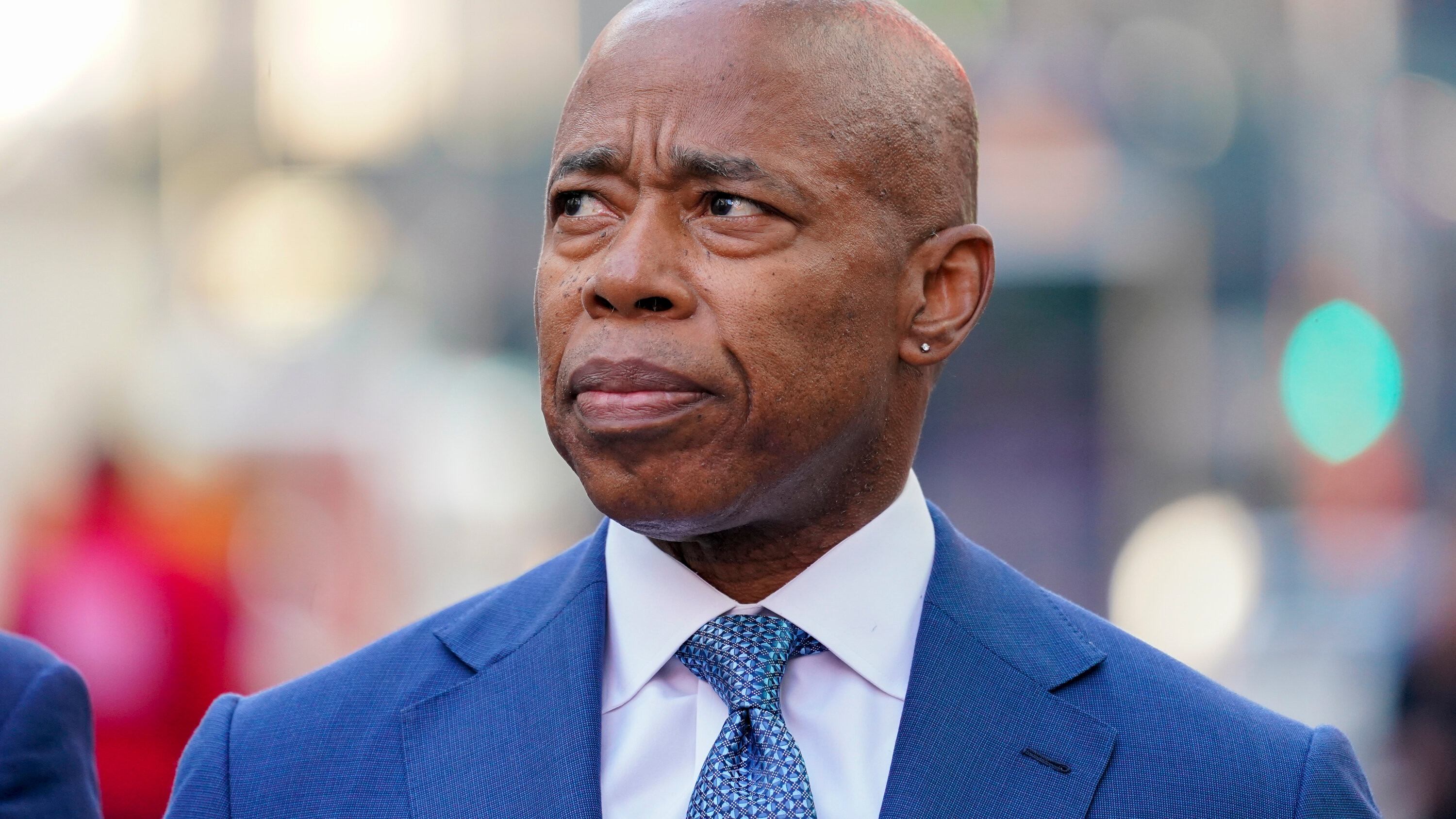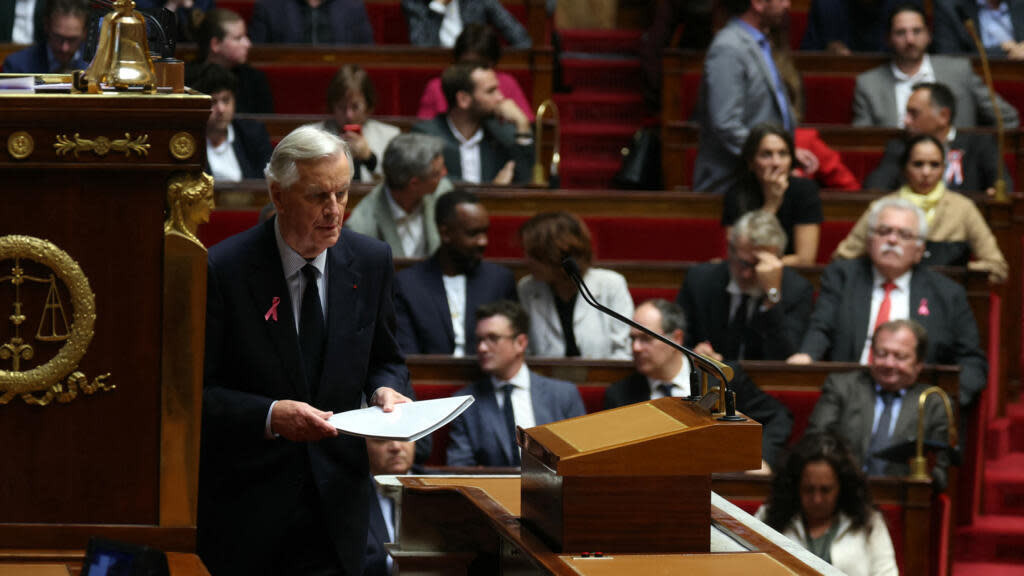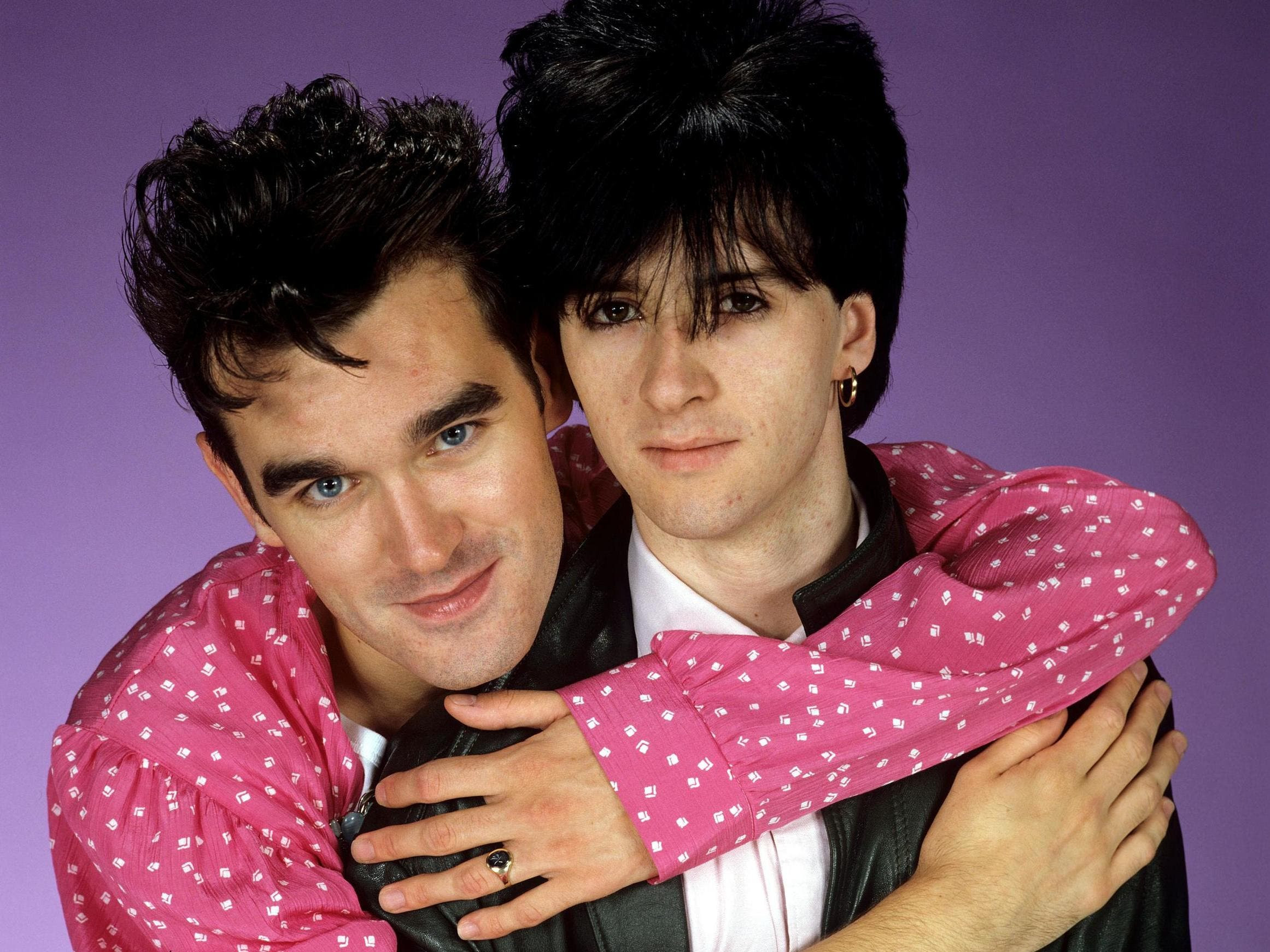Nearly 2,400 allegations of sexual abuse across hundreds of Ireland’s religious-run schools have been documented in a new report, marking the latest grim revelations to emerge from the country’s historic Church-State entanglement. The report, released Tuesday, documented 2,395 allegations of historical child sexual abuse, involving 884 alleged abusers in 308 schools across the country. Most of the allegations were reported from the records of 42 religious orders that currently run or previously ran schools in Ireland. The scope of the allegations ranges from 1927-2013. More than half the men accused – which include teachers and priests – have died, it said.
Harrowing and courageous testimony from survivors sheds light on dark secrets of the past
Four chapters in the shocking 700-page report on historical sexual abuse at religious schools in Ireland start with a content warning. These chapters, by far the most harrowing and the most distressing, are the accounts from those who endured and survived extreme sexual violence and abuse in day and boarding schools across Ireland. “Reading these accounts of abuse may be extraordinarily difficult, particularly for those who have been abused or whose loved ones have been abused,” the report warns. “It is no failing on any person’s part if they do not wish to do so.”
The scale of the sexual abuse revealed in the landmark report published yesterday is staggering. The report, which was written by senior counsel Mary O’Toole, contacted 73 religious orders that ran, or are still running, schools in Ireland. Over 40 had records of historical sexual abuse allegations, across 22 counties in Ireland. The report said that sexual abuse happened between the 1960s and the early 1990s, with the highest number of reported incidents occurring in the early to mid-1970s. The records also reveal a troubling “high” prevalence of alleged abuse in special schools, with 17 special schools recording 590 allegations involving 190 alleged abusers
After combing through the records, The report found that 42 religious orders had combined records of almost 2,400 allegations of sexual abuse at 308 schools. The allegations were made against 884 people – many of whom were priests or teachers in positions of trust, with constant access to vulnerable children. Over half of those accused in the religious orders’ records are now dead. The overwhelming majority of allegations relate to the sexual abuse of boys.
Predatory priests and teachers would openly sexually abuse children in front of the class, in front of each other, with absolute impunity.
In some cases, paedophile priests would literally use their religious garb to mask the sexual abuse of children – attacking victims underneath cloaks and vestments in the middle of classrooms. A staff member at one boarding school would go into the dorm at night, moving from bed to bed as they abused boys. “I was rigid with fear. I was an extremely innocent 12-year-old,” one survivor said. Children went to extreme lengths to try to avoid going back to school and back to the abuse. One boy spent his entire summer holiday finding the perfect spot on the road near his house where he would be sure he would be hit by a car if he threw himself in front of it. Another who tried to avoid school would be locked in a classroom at break times, with the brother who had abused him.
The report details the harrowing testimony of children who did what they could to protect themselves. There is consistent evidence of the social standing of priests and power of the Catholic Church being exploited by abusers, who would go to children’s bedrooms on the pretence of offering them a “blessing”, or threaten children by telling them that their mother would not go to heaven if they told anyone what was happening. Some children recalled being drugged before being sexually abused, while others said that abusers would go to great lengths to isolate them. One boy was given malaria tablets to make him sick, so that he could be targeted.
The report raises questions about the conspiracy of silence in schools, with many survivors explaining that the abuse was an open secret. In some schools, children tried to stop each other from being left alone with known abusers. “Many spoke of being sexually abused in the presence of other children or adults, and others reported being sexually abused when alone with a teacher, priest or religious brother, other school staff or a visitor to their school. Many recounted that the sexual abuse had been ongoing, whilst others said it had occurred randomly, or followed a period of grooming, and was often reported as having been accompanied by ferocious violence,” the report said. “Participants described being molested, stripped naked, raped and drugged amidst an atmosphere of terror and silence. Many spoke of their strong belief that what was happening was so pervasive that it could not possibly have gone unnoticed by other staff, and the members and leadership of the religious orders. Many participants [of the inquiry] were very clear in their belief that there had been a cover-up in their schools or by the religious order and some believed there was collusion between some institutions of the State and the church.”
The report heard from many survivors who said that “their childhood stopped the day the abuse started”. Suffering from sexual abuse had a lifelong effect on survivors, many of whom isolated themselves from friends and family, moved away from school and from their faith, or emigrated from Ireland altogether. Many survivors were visibly upset when recalling their experiences, with some telling the inquiry that it was the first time they had ever spoken about them. Many men suffered from addiction, depression, broken relationships and suicidal ideation later in life. The report pointed out that male victims of sexual violence can suffer differently from women, with many feeling societal pressure to suppress their feelings. Some said that due to their experience, they felt that they could not go on to have children themselves. Those who did become parents felt they had to keep a physical distance from their own children. Many struggled to have intimate relationships. Some struggled to attend the weddings or funerals of loved ones, because they were too afraid to go into a church.
Taoiseach comments on the shocking levels of abuse allegations laid bare in report
The report has recommended a commission of investigation be set up, which the Government yesterday agreed to. The report added that there should also be a survivor engagement programme, which would give people who cannot or do not want to give evidence before a commission the chance to “recount their experiences on a confidential basis and in a wholly non-adversarial environment”. This less formal process, which would not take place in public, would also “allow the families of those who have died to be heard while also casting light on the wider impact of historical sexual abuse”. It remains to be seen if having public hearings could affect the willingness of some religious orders to co-operate with the commission of investigation. While the report found the majority of religious orders were willing “at least in principle” to co-operate with a future inquiry, some had put conditions or caveats on their willingness to provide testimony or key documents. A number of orders also complained about what they perceived as a “narrow” focus on religious schools. In response to this, the report has recommended that the State consider expanding the terms of a commission of investigation to include all schools. But, it stressed that this should not delay the setting up of the commission to deal with the allegations of abuse in religious-run schools. The report pointed out that many survivors, some of whom are now older, want the commission to be set up as soon as possible.
While there was “wide acknowledgment that redress can never heal the damage done to those who had experienced childhood sexual abuse”, the establishment of a redress scheme was extremely important to survivors who spoke to the Scoping Inquiry. The report recommended that the Government ask religious orders to contribute to such a redress fund. But it is understood that such conversations have not yet started, and it is not yet known what kind of contribution can be expected from the religious orders.
The Report of the Scoping Inquiry into Historical Sexual Abuse in Schools Run by Religious Orders is a carefully considered document that makes important recommendations and adds to our understanding of the incidence of allegations of sexual abuse in certain Irish schools over a period of several decades. It makes no findings in respect of the veracity of those allegations, and recommends the establishment of a statutory Commission of Investigation empowered to make findings of fact. It further recommends a redress scheme for survivors of abuse in schools.
While the report sheds new light on the potential scale of the problem, its core implication (namely, that there was a high incidence of sexual abuse in Irish schools during the 1960s and 1970s in particular, about which little was done by anyone – State or Church) is nothing new. It has already been established as a matter of law that the child protection framework in Irish schools was defective in the period covered by the report. The European Court of Human Rights in Louise O’Keeffe’s case in 2014 ruled that “when relinquishing control of the education of the vast majority of young children to non-State actors, the State should also have been aware, given its inherent obligation to protect children in this context, of potential risks to their safety if there was no appropriate framework of protection. This risk should have been addressed through the adoption of commensurate measures and safeguards.”
However, the court expressed its view that the mechanisms pointed to by the government as protecting children in school at the time “did not provide any effective protective connection between the State authorities and primary schoolchildren and/or their parents”. Thus, the “inherent positive obligation of government in the 1970s to protect children from ill-treatment ... was not fulfilled”, as the Irish State “continued to entrust the management of the primary education of the vast majority of young Irish children to non-State actors ... without putting in place any mechanism of effective State control against the risks of such abuse occurring”. This failure amounted to a violation of article 3 of the European Convention on Human Rights.
The key point to stress is that the court in O’Keeffe’s case found a failure to provide “any” effective child protection mechanism in Irish schools. The finding was not specific to Louise O’Keeffe’s case, or even to her school; it was directed at the entire arrangement whereby control of schools was ceded to non-State actors, without any continuing State efforts aimed at the prevention, detection and reporting of abuse. This finding applies to every case of abuse that occurred in any Irish school prior to the adoption of State guidelines on the reporting of abuse in schools in 1992.
So, we are not learning for the first time that child protection in Irish schools was defective for much of the 20th century. Nor is it novel to suggest that people who experienced abuse in that system should receive redress. When the European Court of Human Rights rules against a State party, there is an obligation to take individual measures (to address the specific case before the court) and general measures (to address any similar cases arising). Following the O’Keeffe case, Louise O’Keeffe herself was awarded damages as an individual measure; and the general measure took the form of an ex gratia payment scheme that should have compensated others abused in schools. Unfortunately, this scheme was designed from its inception to make it almost impossible to receive compensation. In its first iteration, a requirement that applicants demonstrate that their abuse followed a prior complaint against their abuser resulted in every single application being rejected.
In 2019 a retired High Court judge ruled that this version of the scheme was incompatible with the O’Keeffe judgment. Then taoiseach Leo Varadkar stated in the Dáil: “The State failed [abuse survivors] at the time and failed them again when it did not own up to its responsibility. We will not fail them a third time.” But the State did fail the survivors a third time. A revised version of the scheme opened in 2021 has made payments to 128 applicants. However, a further restrictive (and arbitrary) condition that required applicants to have sued the State before July 2021 has resulted in many other applicants being refused (and more still not even applying). Only one-third of the budget of €31 million allocated to the scheme was paid out. Most of the people abused by the same teacher as Louise O’Keeffe would not have qualified for payments under the scheme – which demonstrates the bizarre logic at work.
It is welcome to hear the Government accept that the hundreds of people who contributed to the scoping inquiry (and others yet to come forward) should receive redress. But many of the same Government figures have for years presided over redress schemes designed to exclude victims (even where the abuser was convicted of the abuse) through the imposition of arbitrary criteria. Survivors, solicitors, the Irish Human Rights and Equality Commission and the Child Law Clinic in UCC have spent a decade battling the Department of Education seeking the full implementation of the O’Keeffe judgment, but this has yet to happen. Redress is owed to those people now; it has been owed to them for more than 10 years already. It need not and should not wait until the completion of any Commission of Investigation Report. Very simply, the 2014 O’Keeffe judgment demands that every child who experienced sexual abuse in a defective child protection framework in schools be compensated for that abuse. The Government needs to match words with action for the first time on this matter.
Helplines: If you have been affected by the contents of this article, the organisation One in Four provides services to adult survivors of childhood sexual abuse. One in Four can be contacted by calling 01 662 4070 or by completing the form at www.oneinfour.ie/contact




